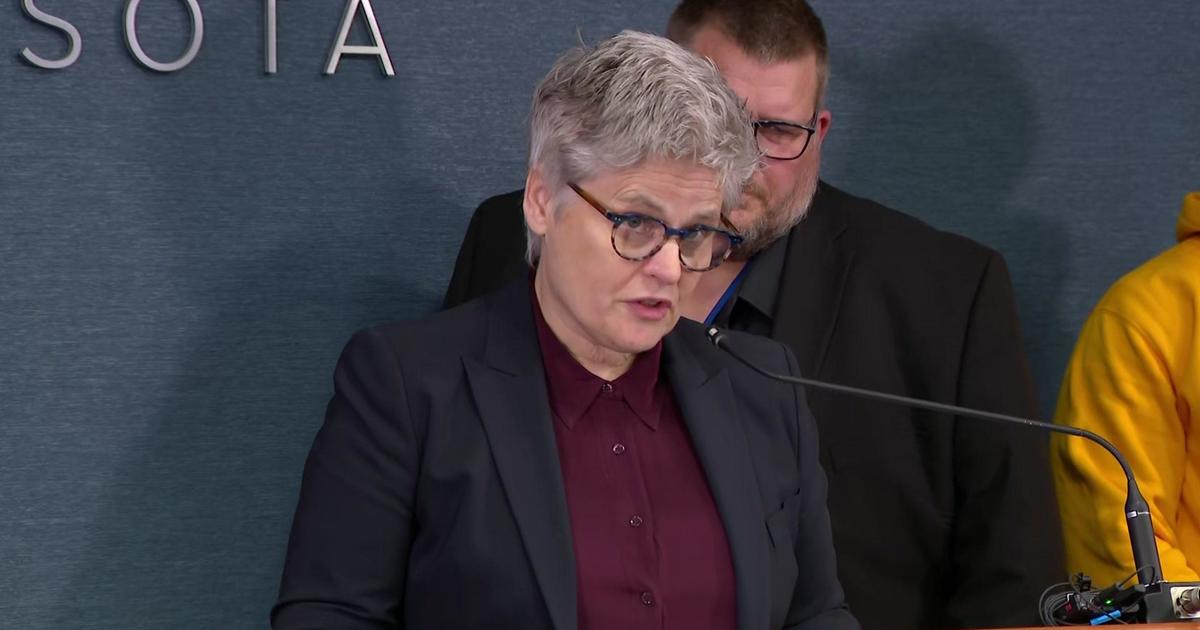Professor: If We Want To Stop Asian Carp, We Need To Turn Up The Volume
MINNEAPOLIS (WCCO) -- Researchers at the University of Minnesota believe they've found an effective way to stop the spread of Asian Carp.
The invasive species of fish has been moving north in the Mississippi River, posing a threat to Minnesota's rivers and lakes.
Dr. Peter Sorenson, a professor who heads up the Minnesota Aquatic Invasive Species Research Center, says sound may be the key to keeping the fish away.
He wants to install underwater speakers in a key area of the Mississippi River, but he faces a major stumbling block: financing the plan quickly.
"Just a few months ago, it was announced, somewhat surprisingly, that their eggs were just found south of the Minnesota border," Sorenson said. "It became evident game plan had to shift."
Sorenson and his team devised a strategy based on the hearing ability of big-headed carp, which is 10 to 100 times more acute than most fish.
They believe the placement of underwater speakers that emit a low-frequency sound that disturbs the big-headed carp, could allow them to steer the fish away.
"Most fish are kind of tone deaf, but these carps have an excellent sense of hearing," he said. "They are also rather intelligent and high-strung, so they spook easily."
The cost of the custom-built speakers and the installation would be about $60,000. The problem is how long it traditionally takes to get funding from the state legislature and the university.
"If we follow the normal course of events here with our funding protocols, which are all great and in place, we would not be able to put them in until the end of the summer," Sorenson said.
"We have to get them now," he added.
Timing is everything, and people are listening. Donations have already come in.
"I'm a fish biologist. I understand really well that you just can't let them come through, the problem gets 10 times worse," Sorenson said. "So we just have to put things into high gear sometimes."
The location where the speakers need to go is Lock and Dam Number 8 on the Mississippi River near Genoa, Wis.
The sounds would play just downstream of the lock, because bighead and silver carp tend to swim upstream to spawn.
They call this solution the first step in what should be a long-term plan, but it could be 90 percent effective.
University of Minnesota researchers also discovered that these fish don't swim as fast as others, so it may be possible to manipulate the lock and dam system to get the water flowing at a rate that the bighead carp could not swim through.
They are working with the Army Corps of Engineers.
If you would like to donate to the sound project, click here. If you'd like to learn more about the Minnesota Aquatic Invasive Species Research Center, click here.



